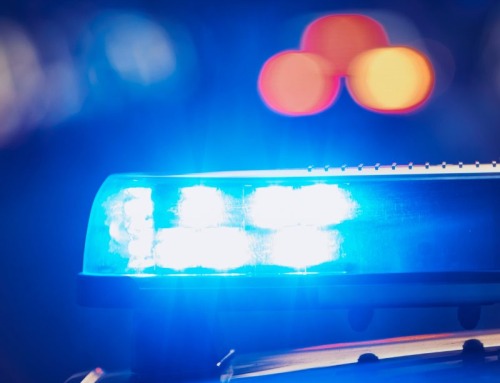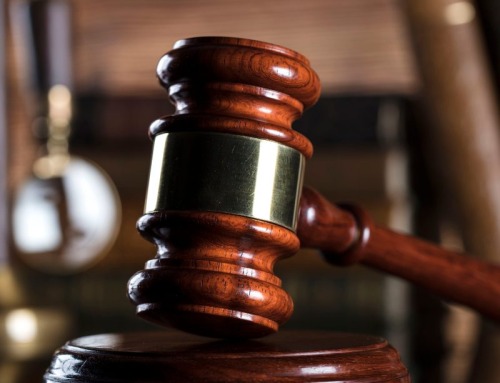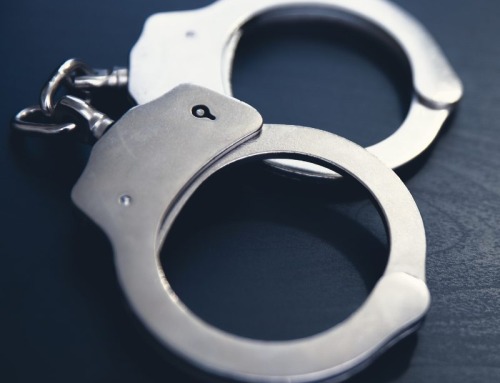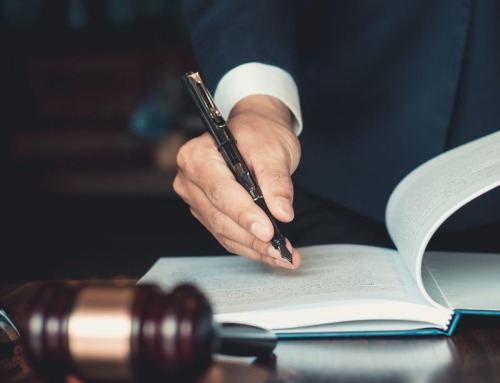Laws for ‘Driving under the influence’ in New South Wales are becoming more complex for drivers, as the NSW government tries to deter people operating vehicles in an unfit state. The Road Transport Act 2013 lays down the offences and penalties for ‘Driving under the Influence’.
What is Drink Driving and Drug Driving?
A person driving a motor vehicle over the allowed threshold amount of BAC (Blood Alcohol Concentration) is deemed to be drink driving by law enforcement. Prescribed Concentration of Alcohol (‘PCA’) is a parameter which may be used to measure drink driving. In NSW, it is a criminal offence to drive a vehicle if you do not remain under the PCA reading of 0.05.
Similarly, a person driving a motor vehicle with any prescribed illicit drug present in their oral fluid, blood or urine is guilty of an offence. It does not matter if you are not under the influence of the drug (which is itself a separate charge) only that a detectable amount is present in your system. For example, if you consumed an illicit drug 36 hours prior to the drug test, you may not still be feeling the effects of the drug, but its presence in your oral fluid, blood or urine will mean you are guilty of an offence. Drug testing was introduced in New South Wales in 2007 and in 2018, cocaine was added to the list of illicit drugs that can be picked up by a mobile drug test. Prior to that time it was predominantly ecstasy (3,4-Methylenedioxymethamphetamine (MDMA)), cannabis and methamphetamine that were picked up on roadside saliva swabs.
Suspension of Licences
If a person is found guilty of either drink driving or drug driving, it will likely lead to the suspension of their licence. If a case is severe enough to warrant an immediate suspension, the person has to submit their licence to police immediately. Alternatively, Police can suspend the person from driving for the following 24 hour period.
When the accused is issued with a Court Attendance Notice for the offence, the accused will have to appear before the Court. If the accused pleads guilty or is found guilty, the Court will consider all the evidence before them and in most cases apply a disqualification period and fine. However, the Court does have other penalties available to them including imposing a term of imprisonment for extremely serious cases. In exceptional cases the Court will consider imposing a Conditional Release Order without recording a conviction, which means there is no disqualification period or fine imposed.
What are the Defences available?
The defences available to a person accused of drink driving and drug driving are as follows:
- Honest and Reasonable Mistake: Using this defence requires the accused to have been under the genuine belief that they were not committing a crime and that such belief was reasonably held. This defence has minimal effectiveness as a defence for drink driving, or in the context of drug driving. There may be limited scope if the accused can establish that he/she were not aware of a drink or illicit substance being in their system and that the belief was a reasonable one in all circumstances. For example, if the accused, was taking prescribed medicine that can provide a false positive for illicit substances or unknowingly had their meal or drink spiked etc.
- Unlawfully attained: The accused may take the defence that the Police have unlawfully attained the breath test or drug test from them. According to the Road Transport Act, police must conduct a breath test and/or drug test within 2 hours from the time an offence was committed or the person was stopped roadside for testing. Additionally, police can only in limited circumstances take breath tests/drug tests of the accused from inside their own property. If any of these provisions are not complied with, the breath tests/drug tests results may be inadmissible in Court.
However, if the Police are unable to obtain a breath test or drug test, they are still able to charge a person with ‘use or attempted use of a vehicle under the influence of alcohol or any other drug’ if they have a reason to believe that the person was under the influence.
It is always advisable to seek legal advice on drink driving or drug driving charges as there are numerous legal issues that may arise. Our criminal law team provides our clients a holistic approach to any drink driving/drug driving issues they may run into to ensure the best outcome at Court can be obtained.






